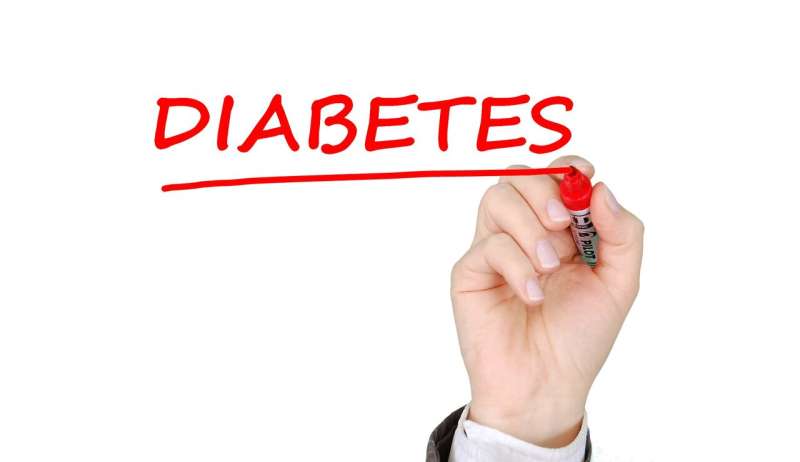Revolutionizing Lab Results Interpretation with AI Assistants

AI assistants are transforming how patients interpret complex lab results, offering quick insights and empowering informed decision-making. Learn about the benefits and caution for using AI in healthcare.
In today's digital healthcare landscape, patients increasingly have access to their medical records online through secured portals like MyChart, thanks to federal mandates requiring immediate release of electronic health information. This transparency allows patients to view their test results promptly, but understanding the data can sometimes be challenging.
A recent story highlights how AI tools are now assisting patients in interpreting complex lab results. For instance, Judith Miller, a 76-year-old from Milwaukee, received her blood test results via an online alert and, upon noticing abnormalities such as elevated carbon dioxide levels and a low anion gap, used an AI assistant named Claude to evaluate her data. This helped her comprehend her test outcomes without immediate panic, illustrating the potential of AI for patient empowerment.
Patients are turning to large language models (LLMs) like OpenAI's ChatGPT, Anthropic’s Claude, and Google's Gemini to interpret medical records, seek second opinions, and prepare for medical appointments. While these AI tools provide quick and personalized insights, experts warn about potential inaccuracies and privacy concerns. Many users remain cautious; a 2024 poll indicates that over half of AI users doubt the correctness of AI-provided health information.
Healthcare professionals acknowledge AI's potential but emphasize the importance of cautious use. Adam Rodman of Harvard Medical School points out that AI can offer valuable advice but may also deliver flawed responses depending on prompting. Likewise, Justin Honce highlights the difficulty for non-medical users to discern the accuracy of AI output.
Research studies have shown that AI models like ChatGPT and Claude can effectively interpret clinical notes if questions are framed correctly. However, privacy remains a critical issue, as personal data input into AI systems can be transmitted to tech companies that may not fully comply with privacy laws.
Patients are encouraged to develop new digital health literacy skills, including proper questioning techniques, verifying information through multiple sources, engaging with healthcare providers, and safeguarding personal data. Some institutions, like Stanford Health Care, are integrating AI assistants to help physicians draft interpretations, thus enhancing communication with patients.
While AI offers promising support in understanding lab results and other health data, experts stress the importance of cautious use and continuous verification. As Judith Miller experienced, AI tools can help organize questions, facilitate research, and democratize health knowledge, ultimately contributing to more informed and engaged patients.
Source: https://medicalxpress.com/news/2025-09-ai-lab-results.html
Stay Updated with Mia's Feed
Get the latest health & wellness insights delivered straight to your inbox.
Related Articles
Rural Residents Experience Higher Rates of Chronic Pain, Study Finds
A study reveals that rural residents are more likely to suffer from chronic pain and rely on opioids, emphasizing the need for targeted early intervention strategies.
Using England's Diabetes Prevention Model to Inspire Canadian Initiatives
Canada aims to emulate England's successful diabetes prevention programs by launching community-based initiatives across provinces, potentially reducing cases and healthcare costs through proven diet and exercise strategies.
Research Links Certain Antibodies in Lupus Patients to Increased Risk of Blood Clots
A breakthrough study identifies specific antibodies in lupus patients that significantly increase their risk of blood clots, paving the way for better risk assessment and targeted treatments.



